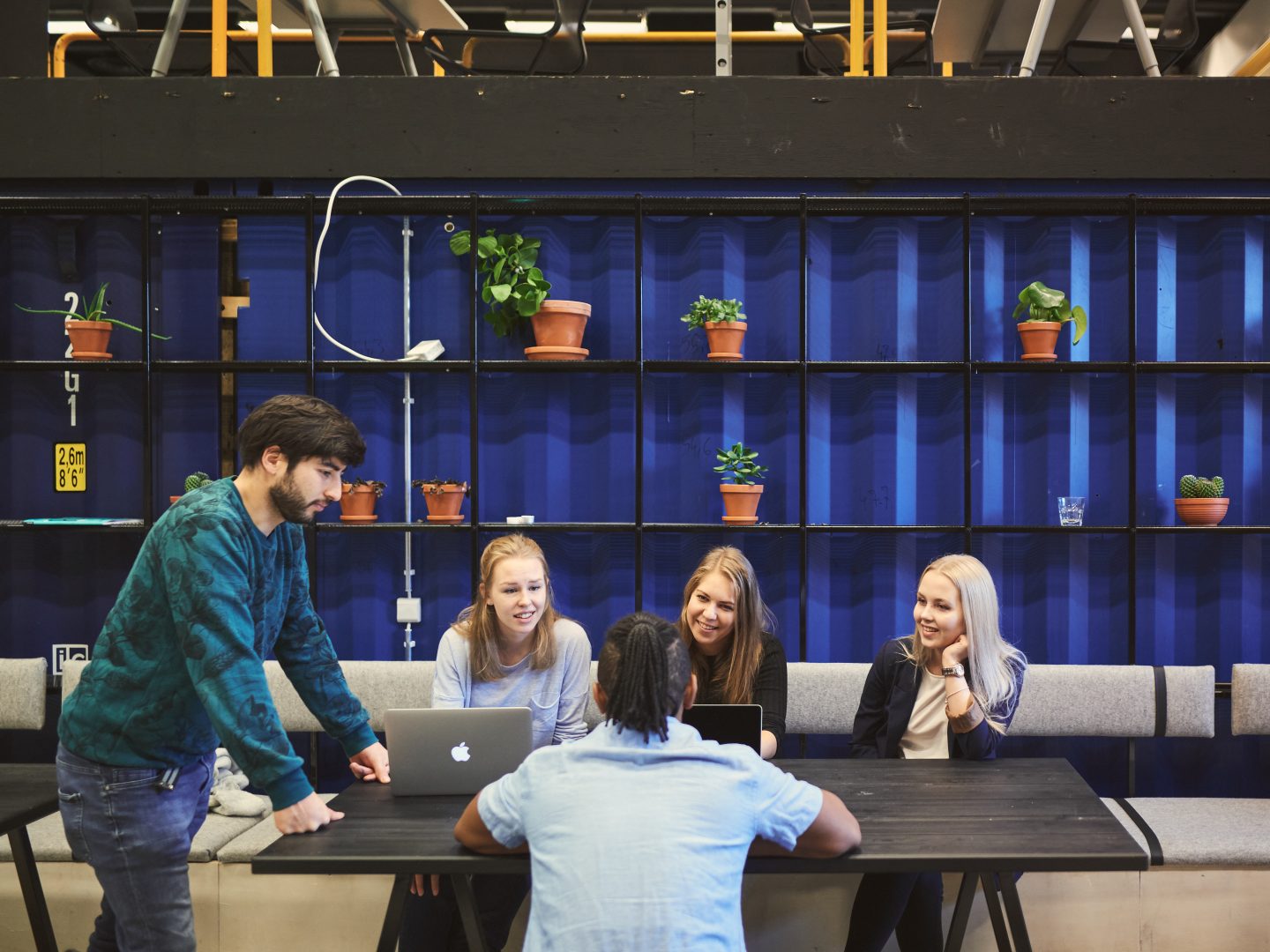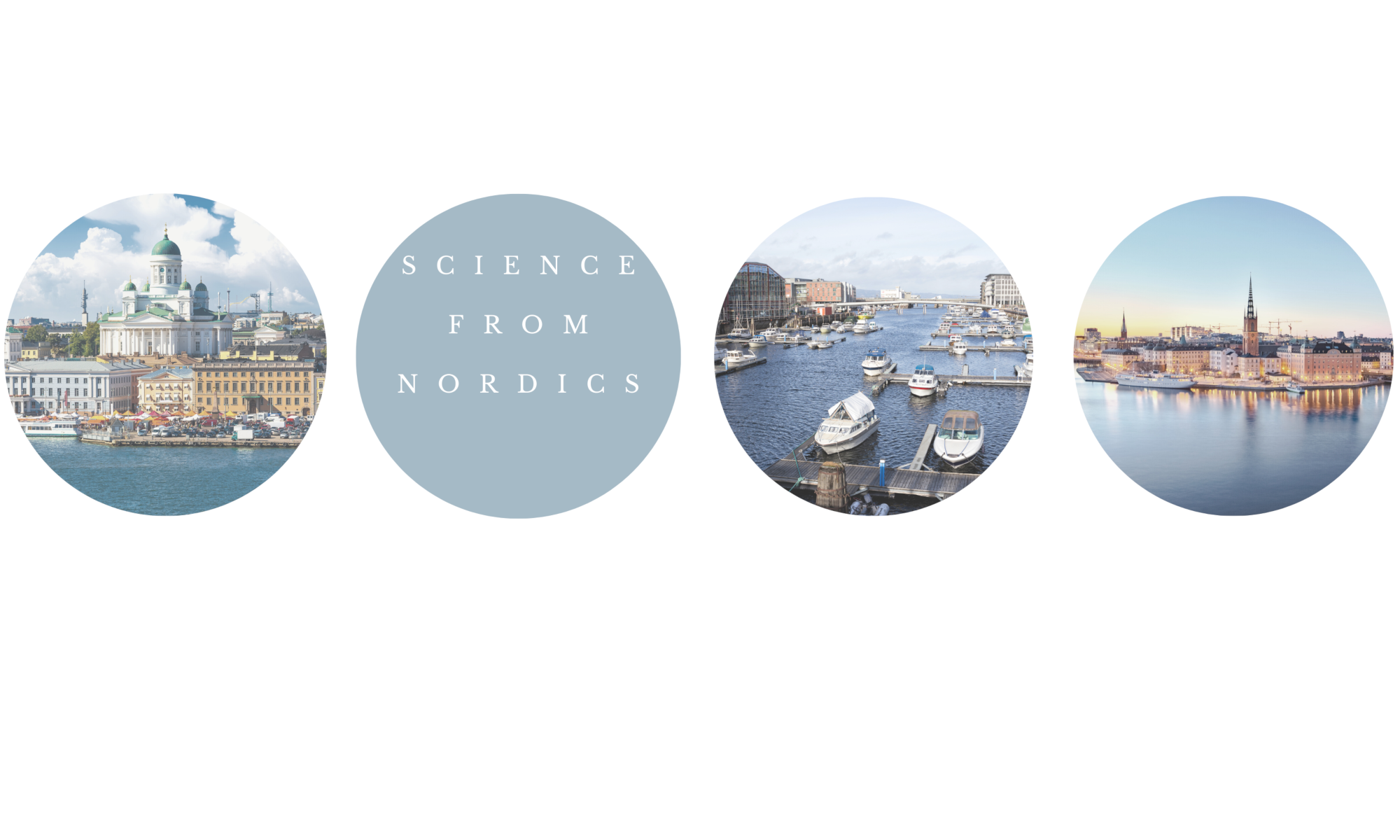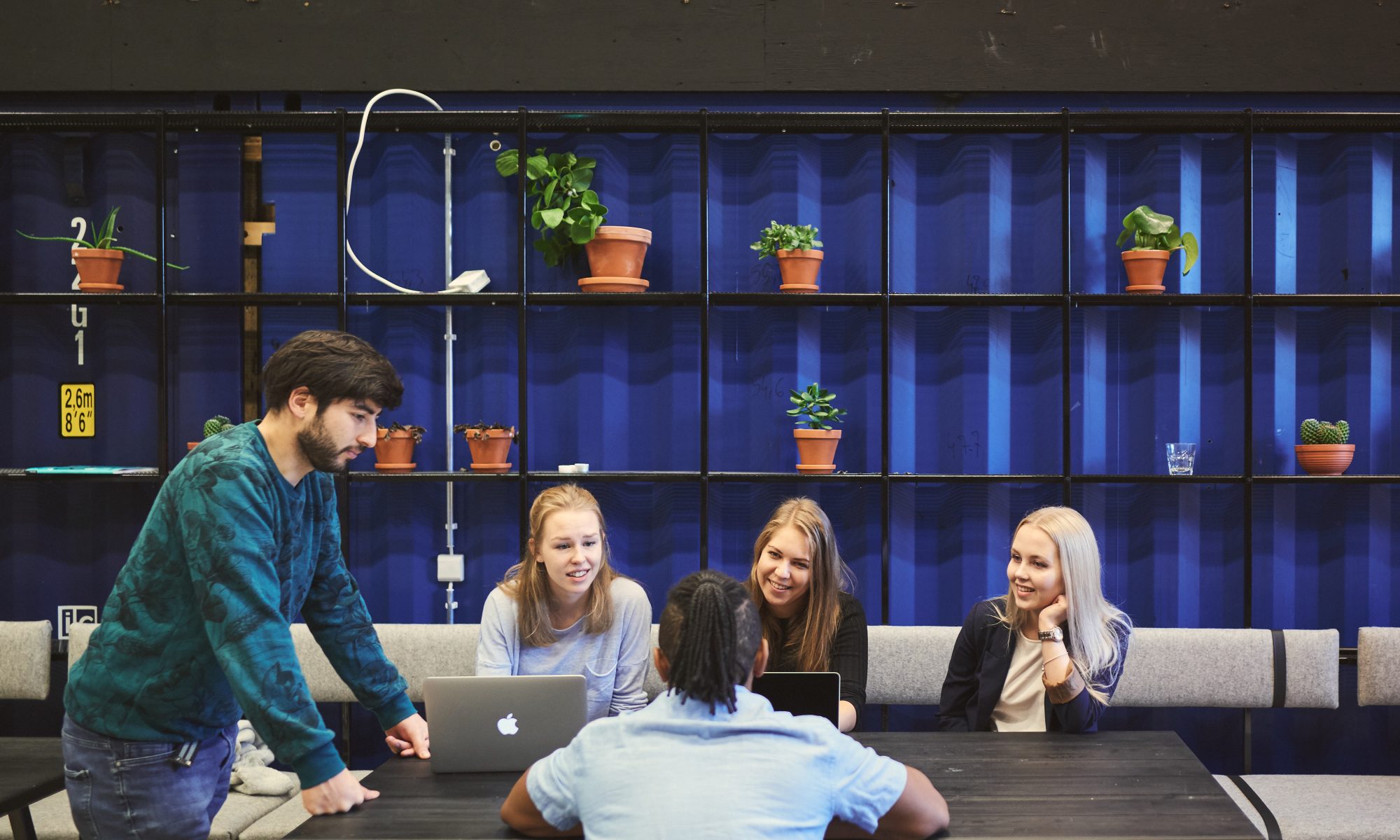Mikko Kurimo is the coordinator of Teflon and leads the research group at Aalto University. Prof. Kurimo has been the head of the automatic speech recognition (ASR) group at Aalto since 2000. He has led the group in many national and international machine learning and ASR projects. Kurimo’s work is internationally best known for unsupervised subword language modeling for morphologically complex languages such as Finnish, Estonian, Turkish and Arabic. His research interests include deep learning methods for automatic speech recognition and spoken language modeling.
Aalto’s team is in charge of the ASR technology that is required in Teflon and will also provide the game platform for Teflon. The platform is based on the previous projects of Mikko Kurimo and Sari Ylinen where English was the target language. Now the goal in Teflon is to apply it to Finnish, Swedish and Norwegian.
The Aalto team consists of:
- Tamas Grósz is a post-doctoral researcher whose specification area is ASR and computational paralinguistics. His background lies in developing machine learning based ASR systems.
- Ragheb Al-Ghezi is a doctoral researcher whose main research focus lies in applying ASR and machine learning in language assessment. He has a versatile background in natural language processing and second language (L2) learning.
- Ekaterina Voskoboinik is a doctoral researcher whose main research focus lies in applying statistical language modeling and machine learning in ASR and spoken L2 assessment. Her background is on learning and analysing the representations of words and subwords for morphologically rich languages.
- Yaroslav Getman is a doctoral researcher whose main research focus lies in applying self-supervised learning and pre-trained models for ASR in low-resource tasks like L2 learners’ ASR for spoken language assessment.
- Aku Rouhe is a doctoral researcher whose main research focus is in ASR. He has a versatile background speech and spoken language modeling including speaker adaptation, voice activity detection, subword language modeling using statistical morphemes, speech translation and decoding algorithms and miscue tolerant ASR in L2 reading tutoring.
- Nhan Phan is a master’s student whose research topic is developing a mobile app to give feedback for beginner level L2 learners’ in read aloud tasks. His skills also include game programming using Unity and his task is to modify the game platform for Teflon tasks.
We are excited and looking forward to the experiment with the Nordic languages.
Aalto University is the coordinating partner of the Teflon project. Aalto University describes itself as a meeting place for the fields of science, art, technology, and business. Today the university is one of the most prestigious ones in Finland. The university started operating in 2010 and the goal was to merge together the old Helsinki School of Economics, Helsinki University of Technology and the University of Art and Design Helsinki and create a new multidisciplinary university. The Aalto university campus in Otaniemi is situated in Greater Helsinki in the city of Espoo, just a metro ride away from central Helsinki.
The campus was originally built almost in the middle of the forest in Otaniemi. The rebuilding after the Second World War in Finland led to a need to educate more engineers – and hence to a need to build a new campus area and laboratory spaces for the Helsinki University of Technology and VTT Technical Research Centre of Finland Ltd. The Otaniemi campus is a park campus design from the 1950s and the city plan of the area is the work of the Finnish architect Alvar Aalto who has along with other esteemed Finnish architects such as Reima and Raili Pietilä and Heikki and Kaija Sirén also designed multiple buildings in the campus. The name of the university is a tribute to Alvar Aalto who himself graduated from the former Helsinki University of Technology.
List of recent publications:
- Anssi Moisio, Dejan Porjazovski, Aku Rouhe, Yaroslav Getman, Anja Virkkunen, Ragheb AlGhezi, Mietta Lennes, Tamás Grósz, Krister Lindén and Mikko Kurimo. Lahjoita puhetta: a large-scale corpus of spoken Finnish with some benchmarks. Language Resources & Evaluation (2022).
- Kathania, Hemant; Kadiri, Sudarsana; Kadyan, Virender; Kurimo, Mikko. Data augmentation using spectral warping for low resource children ASR. Journal of Signal Processing Systems. Accepted for publication.
- Kathania, H , Kadiri, S , Alku, P & Kurimo, M. A Formant Modification Method for Improved ASR of Children’s Speech. Speech Communication (2022), vol. 136 , pp. 98 – 106.
- Kathania, Hemant; Kadiri, Sudarsana; Alku, Paavo; Kurimo, Mikko. Using data augmentation and time-scale modification to improve ASR of children’s speech in noisy environments. Applied Sciences (Springer International Publishing AG), 2021.
- Ylinen Sari, Smolander Anna-Riikka, Karhila Reima, Kakouros Sofoklis, Lipsanen Jari, Huotilainen Minna, Kurimo Mikko. The Effects of a Digital Articulatory Game on the Ability to Perceive Speech-Sound Contrasts in Another Language. Frontiers in Education, 2021 ; Vol 6.
- Ragheb Al-Ghezi, Yaroslav Getman, Ekaterina Voskoboinik, Mittul Singh, Mikko Kurimo. Automatic Rating of Spontaneous Speech for Low-Resource Languages. IEEE Spoken Language Technology Workshop (SLT 2022), 2022.
- Grósz, T., Porjazovski, D., Getman, Y., Kadiri, S., Kurimo, M. Wav2vec2-based Paralinguistic Systems to Recognise Vocalised Emotions and Stuttering. ACM Multimedia 2022 Conference : Grand Challenges.
- Yaroslav Getman, Ragheb Al-Ghezi, Katja Voskoboinik, Tamás Grósz, Mikko Kurimo, Giampiero Salvi, Torbjørn Svendsen, and Sofia Strömbergsson. Wav2vec2-based Speech Rating System for Children with Speech Sound Disorder. Proc. Interspeech 2022.
- Ragheb Al-Ghezi, Yaroslav Getman, Aku Rouhe, Raili Hildén and Mikko Kurimo. Self-supervised End-to-End ASR for Low Resource L2 Swedish. Proc. Interspeech 2021.
https://www.aalto.fi/fi/aalto-yliopisto
https://research.aalto.fi/fi/persons/mikko-kurimo


